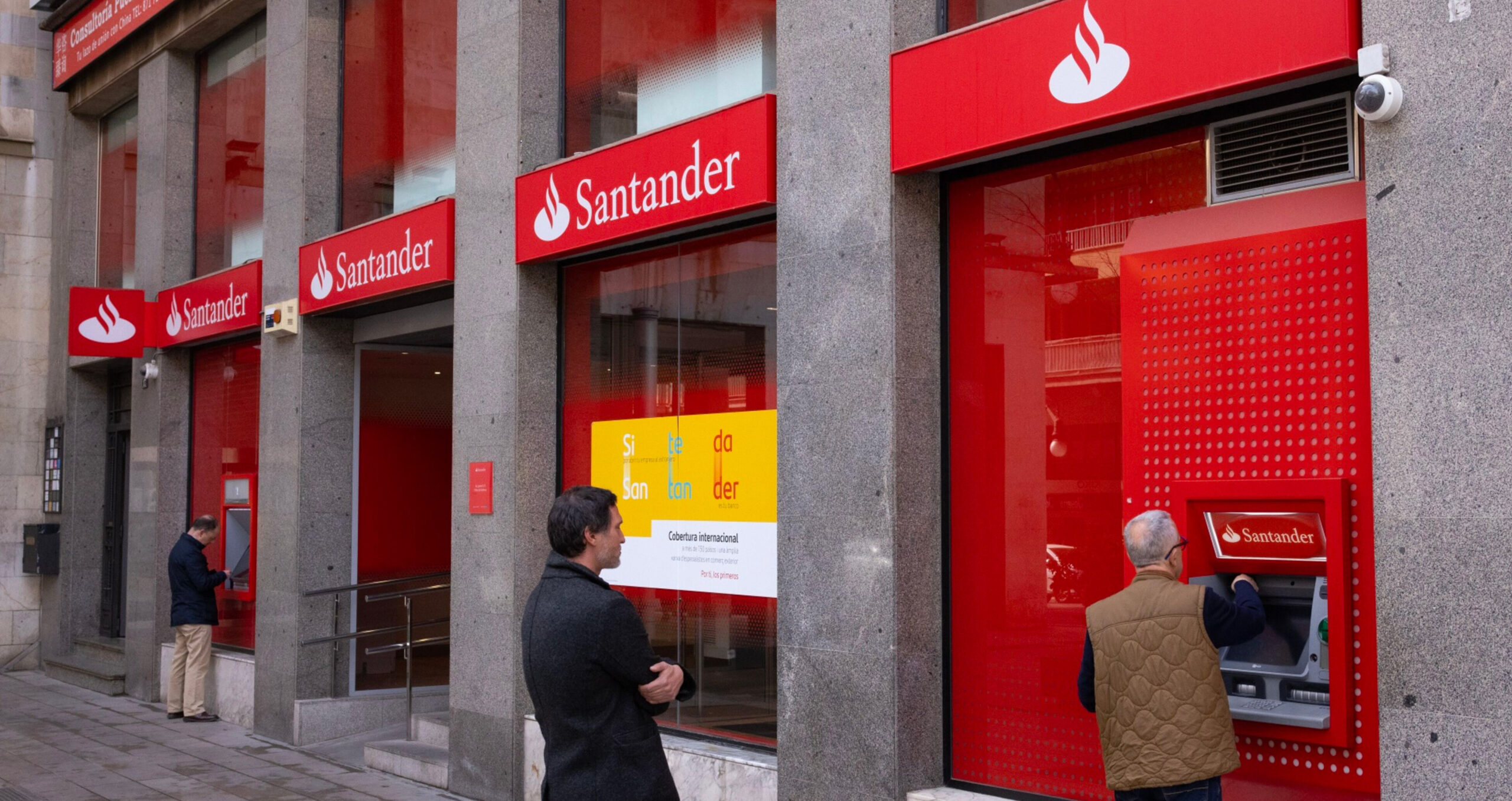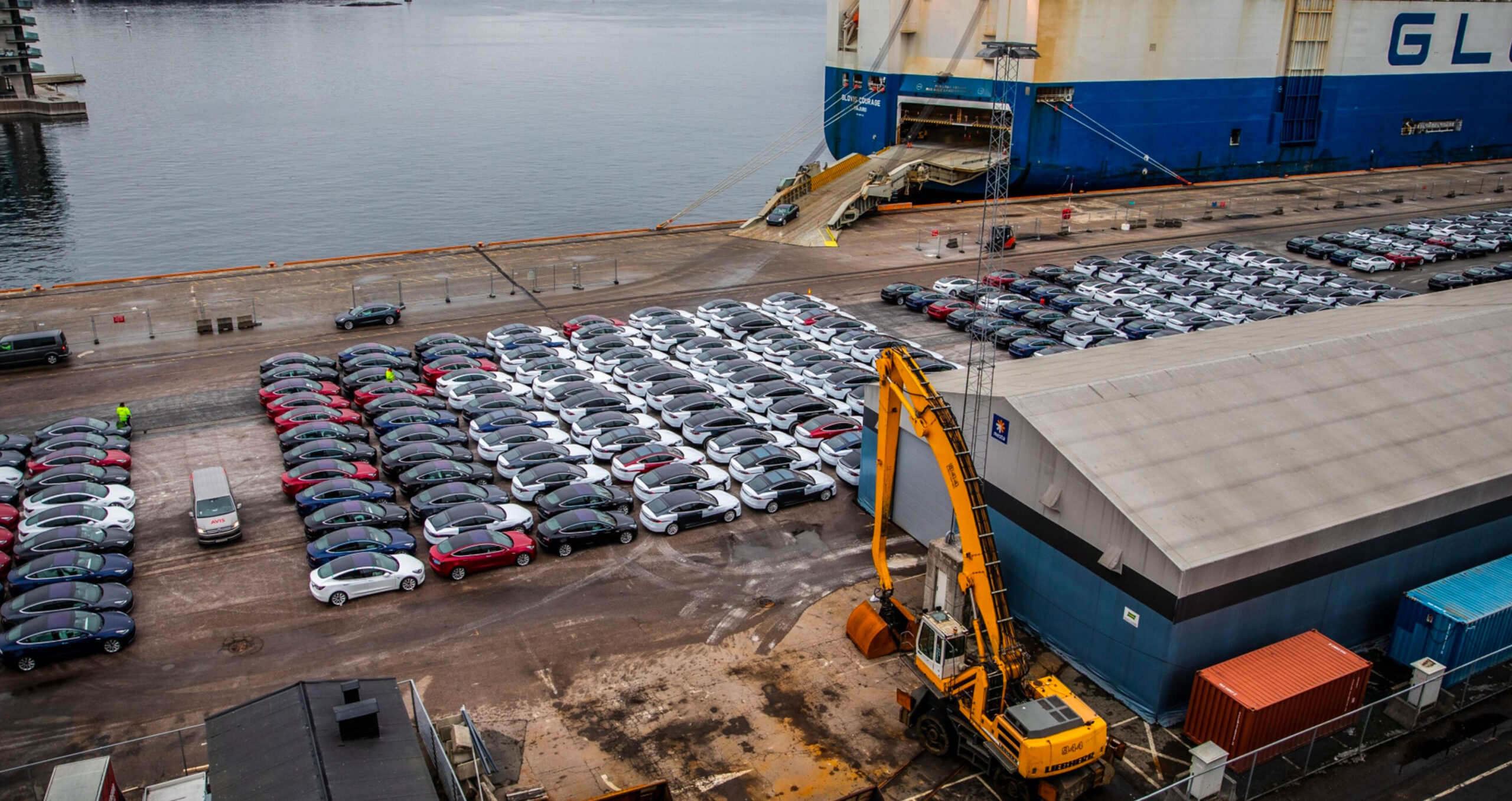

Gfanz contests the findings of a report by the Bank On Our Future network that claims members of the alliance provide less financing for renewable energy companies than non-members.
The Glasgow Financial Alliance for Net Zero has disputed the findings of a report that accuses banks of “ploughing cash into fossil fuels”.
A report published by the Bank On Our Future network claimed that of the money banks lend to energy companies, only 7 per cent on average goes towards renewable energy.
The report took direct aim at Gfanz, drawing comparisons between members and non-members of the alliance. It said that last year, 82 per cent of financing provided by non-members went towards fossil fuels, compared with 97 per cent of financing offered by members.
A Gfanz spokesperson argued that comparing companies part of the alliance with those that haven’t signed up to it “really just compares global financial institutions with those in China, where renewable buildout in recent years has been extremely strong”.
The alliance also questioned the methodology of the report, which excludes biomass, nuclear and blue hydrogen — which is hydrogen fuel created by heating natural gas — from its definition of clean energy. The International Energy Agency, in contrast, considers nuclear a clean energy source.
Gfanz also said that the report excludes 70 per cent of power generation companies, the bulk of which it says accounts for most of the world’s wind and solar power.
“Analysis by the IEA suggests that between 2021 and 2022, around 48 per cent of total energy investment went to low-carbon energy supply,” the alliance said. “That would be impossible if Gfanz members weren’t financing the transition.”
The research underpinning the Bank On Our Future report, which groups international campaigners, was compiled by sustainability research company Profundo for the Sierra Club, Fair Finance International, BankTrack and the Rainforest Action Network.
BankTrack campaign lead Maaike Beenes defended the reports’ methodology, saying it includes financing to companies engaged in 75 per cent of global energy production.
The report said that nearly all of the $2.5tn in loans and bond underwriting services provided by 60 large banks for energy activities to 377 leading energy companies, between January 2016 and July 2022, went to support the production of fossil fuel energy. This figure, $2.3tn, dwarfs the $178bn that Bank On Our Future says went to finance clean energy activities.
In particular, it said that just 2 per cent of the $181bn that Citi lent to energy companies between January 2016 and July 2022 went towards renewable energy, with Barclays lending an equal proportion. For Royal Bank of Canada, the corresponding figure was 1 per cent. All three banks are Gfanz members.
A Barclays spokesperson said: “Barclays was one of the first banks to set an ambition to become net zero by 2050. We have set 2030 targets to reduce our financed emissions in four of the highest-emitting sectors in our financing portfolio, with additional 2025 targets for the two highest-emitting sectors — energy and power.
“We have a target to facilitate $1tn of sustainable and transition financing by 2030 and we are investing £500mn of our own capital into climate-tech start-ups — both of which will support new green technologies and infrastructure projects that will build up low-carbon capacity and capability.”
Citi declined to comment. RBC did not immediately respond to a request for comment.
Founded in 2021 by UN special envoy on climate action and finance Mark Carney, Gfanz groups more than 550 companies spread across seven sector-specific net zero alliances from different areas of financial services.
These networks include the Net-Zero Banking Alliance, the Net-Zero Asset Owner Alliance, the Net-Zero Insurance Alliance and the Net Zero Asset Managers initiative.
Earlier in January, Gfanz was criticised by the Reclaim Finance campaign over its perceived failure to rein in members’ fossil fuel investments.
Similar Articles

Banks under pressure to reveal data comparing green and fossil fuel spending

With better planning and investment, EV uptake could offer storage and grid flexibility


